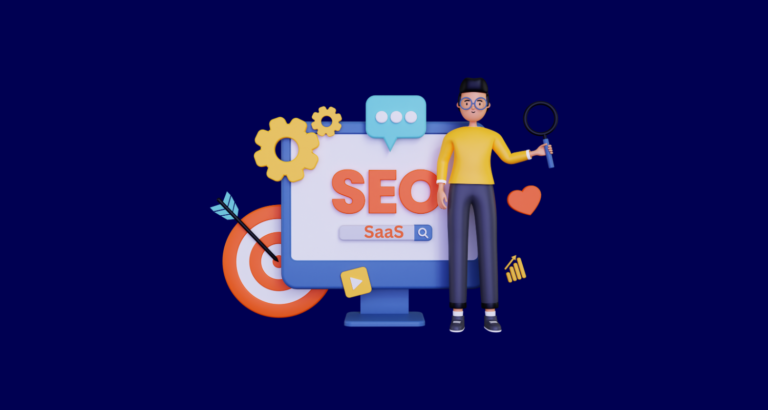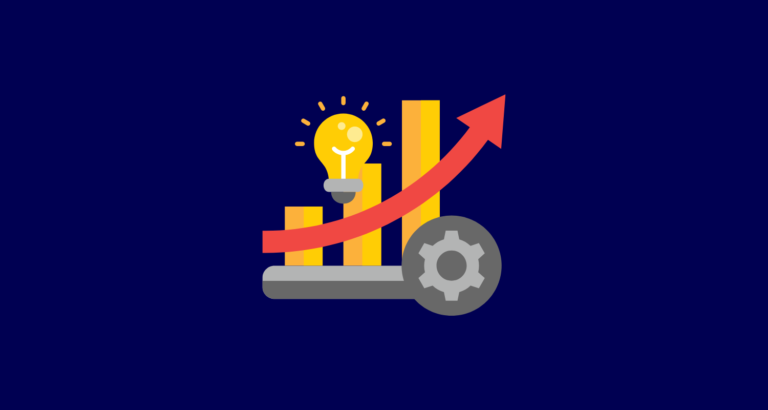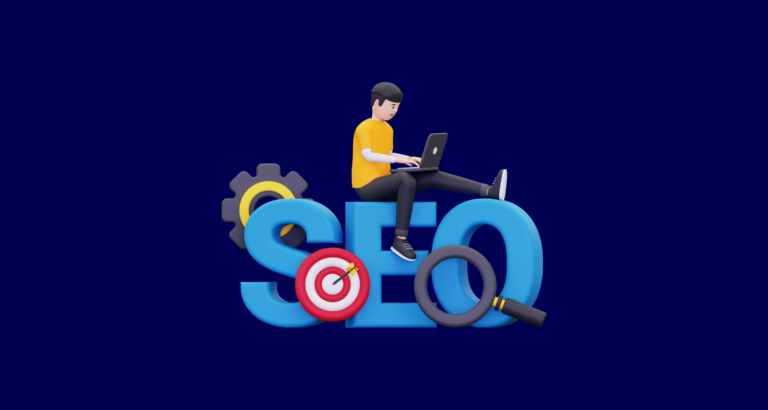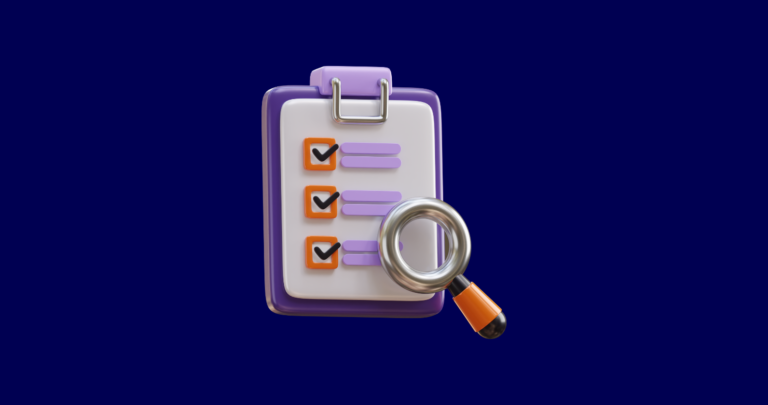Technical SEO for SaaS: Guide by Experts to Improve your Website’s Performance
As a Software as a Service (SaaS) provider, your website is one of your most valuable marketing tools. To ensure that it performs well in search engine rankings, it’s important to have a solid technical SEO strategy in place. In this article, we will explore the key elements of technical SEO for SaaS websites, discuss the importance of technical SEO for SaaS, and provide actionable tips to optimize your website for search engines.
Technical SEO
Optimizing all technical aspects of your website is one basic and most effective SaaS SEO strategy. Technical SEO focuses on the technical elements of your website, such as website architecture, URL structure, mobile optimization, and site speed, among others.
These technical aspects of your website can significantly impact your website’s search engine ranking, and neglecting them can result in lower search engine visibility.
In the following sections, we’ll discuss the importance of technical SEO for SaaS and provide actionable tips to optimize your website for search engines.
Importance of Technical SEO for SaaS
Technical SEO focuses on the technical elements of your website, such as website architecture, URL structure, mobile optimization, and site speed, among others. These technical aspects of your website can significantly impact your website’s search engine ranking, and neglecting them can result in lower search engine visibility.
Higher Search Engine Visibility
Optimizing your website’s technical elements can increase your website’s search engine visibility, which means more traffic and leads for your business.
Better User Experience
Technical SEO also enhances the user experience by ensuring that your website loads quickly, is mobile-friendly, and is easy to navigate.
Competitive Advantage
Optimizing your website’s technical elements gives you a competitive advantage over competitors who neglect technical SEO.
What does Technical SEO Include?
Technical SEO focuses on the technical elements of your website. These technical aspects of your website can significantly impact your website’s search engine ranking, and neglecting them can result in lower search engine visibility.
Here is a technical SaaS SEO checklist of important elements.
Crawling and Indexing
Crawling and indexing are the processes that search engines use to discover and add web pages to their index. To ensure that your website’s pages are crawled and indexed by search engines, you need to follow these tips:
Submit Your Sitemap
Submitting your sitemap to search engines like Google and Bing can help them quickly discover and index your website’s pages.
Use Robots.txt
Robots.txt is a file that tells search engines which pages on your website to crawl or index and which to ignore. Using robots.txt can help you avoid having duplicate content or pages with low-value indexed by search engines.
This is important for preventing search engines from indexing pages that are not relevant or that contain sensitive information.
Optimize Your Robots Meta Tag
Robots meta tags are HTML tags that tell search engines how to crawl and index your website’s pages. Optimizing these tags can help you control how search engines index your website’s pages.
Website Architecture
Website architecture refers to the structure and organization of your website’s pages. A well-organized website structure can help search engines understand your website’s content and improve your website’s search engine ranking. Here are some tips to optimize your website architecture:
Use Header Tags
Header tags (H1, H2, H3) are HTML tags that help organize your website’s content into sections. Header tags can make your website’s content more readable on SaaS SEO platforms and improve its search engine ranking.
Use Breadcrumbs
Breadcrumbs are navigational elements that help users and search engines understand where they are on your website. Using breadcrumbs can improve your website’s user experience and search engine ranking.
Internal Linking
Internal linking refers to linking to other pages within your website. This SaaS SEO strategy can help search engines understand your website’s structure and improve your website’s search engine ranking.
URL Structure
The URL structure of your website is an essential aspect of technical SEO. A well-structured URL can make it easier for search engines to understand your website’s content and improve your website’s search engine ranking. Here are some tips to optimize your website’s URL structure:
Use Descriptive URLs
Using descriptive URLs that include relevant keywords can help search engines and users understand what your web page is about.
Keep URLs Short and Simple
Short and simple URLs are easier for users to remember and share, and they are also preferred by search engines.
Use Hyphens to Separate Words
Using hyphens to separate words in your URLs can improve readability and help search engines understand your website’s content.
Mobile Optimization
SaaS SEO statistics show more than 50% of internet traffic comes from mobile devices; ensuring your SEO SaaS software website is mobile-friendly is crucial. Here are some tips to optimize your website for mobile devices:
Use Responsive Design
Using a responsive design ensures that your website will adapt to the screen size of the user’s device, providing a seamless user experience.
Optimize Page Speed
Mobile users expect fast loading times, so optimizing your website’s page speed for mobile devices is important.
Use Mobile-Friendly Navigation
Mobile users have different navigation needs than desktop users, so ensuring your website’s navigation is optimized for mobile devices is important for SaaS marketing SEO.
Site Speed
Site speed is another important factor impacting your website’s search engine ranking. Here are some tips to improve your website’s loading speed:
Use a Content Delivery Network (CDN)
A CDN is a network of servers that delivers your website’s content to users from a server nearest to their location, reducing your website’s loading time.
Optimize Your Images
Optimizing your images can significantly reduce your website’s loading time and improve its search engine ranking.
Schema Markup
Schema markup is a code you can add to your website’s pages to help search engines better understand your website’s content. Here are some types of schema markup that you can use:
Organization Schema Markup
Organization schema markup can help search engines understand the structure of your organization, improving your website’s search engine ranking.
Product Schema Markup
Product schema markup can help search engines understand your products’ details, such as price, availability, and reviews, improving your website’s search engine ranking.
Duplicate Content
Duplicate content refers to content that appears on multiple web pages on your website or across different websites. Here are some tips to avoid duplicate content:
Use Canonical Tags
Canonical tags are HTML tags that tell search engines which page is the primary version of your content. Using canonical tags can help you avoid duplicate content issues.
Avoid Content Scraping
Content scraping refers to copying content from other websites without permission. Avoid content scraping, as it can result in duplicate content issues.
Canonicalization
Canonicalization is choosing the preferred URL for your web pages when multiple options are available. This is important because search engines can penalize websites for having duplicate content, which can occur when the same content is accessible through multiple URLs. There are two common ways to handle canonicalization:
301 Redirects
A 301 redirect is a permanent redirect from one URL to another. This tells search engines that the content has permanently moved and should be indexed under the new URL.
This is a good option when you have many pages with duplicate content and want to consolidate them under a single URL.
Canonical Tags
A canonical tag is an HTML tag that tells search engines which URL is the preferred version of a page. This is a good option when you have two or more versions of the same page and want to ensure that search engines only index the preferred version.
Sitemap
A sitemap is an XML file that lists all of the pages on your website that you want search engines to index. This is important for ensuring that all your pages are included in search engine indexes and crawled regularly.
SSL and HTTPS
In recent years, search engines have started giving preference to websites that use SSL and HTTPS, as they provide users with a more secure browsing experience.
SSL
SSL is a security protocol encrypts data transmitted between a user’s browser and a website’s server. This ensures that any sensitive information, such as login credentials or payment information, is kept secure.
HTTPS
HTTPS is a secure version of the HTTP protocol that uses SSL to encrypt data transmitted between a user’s browser and a website’s server. This provides an additional layer of security, ensuring that any data transmitted between the user and the website is kept private.
Useful Technical SEO Tools
Here are some important SaaS SEO Tools helpful to optimize technical elements.
- Google Search Console: A free tool provided by Google that helps you monitor your website’s search performance, identify technical issues, and submit sitemaps and URLs for crawling.
- Screaming Frog: A website crawler that allows you to crawl and analyze your website’s pages, links, and metadata to identify technical SEO issues.
- SEMrush: An all-in-one SEO tool that provides keyword research, site auditing, backlink analysis, and competitor analysis to help you improve your website’s search engine ranking.
- Ahrefs: A powerful SEO tool that provides comprehensive backlink analysis, keyword research, content analysis, and site auditing features to help you optimize your website for search engines.
- Moz Pro: A suite of SEO tools that includes site auditing, keyword research, link building, and rank tracking features to help you improve your website’s search engine visibility.
- GTmetrix: A tool that allows you to analyze your website’s speed and identify opportunities to improve your site’s performance.
- PageSpeed Insights: A free tool provided by Google that analyzes your website’s performance on mobile and desktop devices and provides suggestions for improvement.
- Yoast SEO: A popular WordPress plugin that helps you optimize your website’s content, meta descriptions, and titles for search engines.
- Google Analytics: A web analytics tool that allows you to track your website’s traffic, user behavior, and conversions.
- Google Tag Manager: A free tool that allows you to manage all your website’s tracking and analytics tags from a single platform.
Conclusion
Technical SEO is a critical element of optimizing a SaaS website for search engines, and it’s essential to get it right. A SaaS website can achieve better search engine visibility and rank with proper canonicalization, robots.txt, sitemap, SSL, and HTTPS implementation.
Ignoring Technical SEO can lead to low traffic, poor user experience, and lost business opportunities. Therefore, SaaS companies must invest in Technical SEO and work with an experienced SEO consultant that can help them optimize their website and achieve their business goals.
If you want to take your SaaS website’s search engine performance to the next level, consider hiring Ranking Serve, an expert SaaS SEO agency. Their expertise and knowledge can help you optimize your website for search engines, improve your website’s user experience, and increase organic traffic.
FAQs
How can I check if my website is using HTTPS?
You can check if your website uses HTTPS by looking for the lock icon in your browser’s address bar or by checking the URL for “https://” at the beginning.
Can I still rank well without SSL and HTTPS?
While ranking well without SSL and HTTPS is still possible, implementing these security measures can improve your website’s user experience and search engine rankings.
How often should I update my sitemap?
You should update your sitemap whenever you add or remove pages from your website or make significant changes to your website’s structure.
How can I check my website’s technical SEO performance?
You can check your website’s technical SEO performance using tools like Google Search Console, SEMrush, and Screaming Frog.
Can I perform technical SEO independently, or must I hire a professional?
While some technical SEO tasks can be performed by website owners on their own, more complex tasks may require the assistance of a professional.







